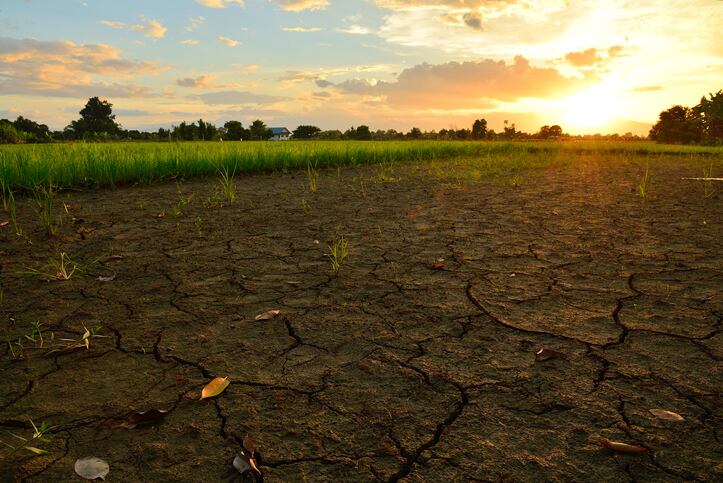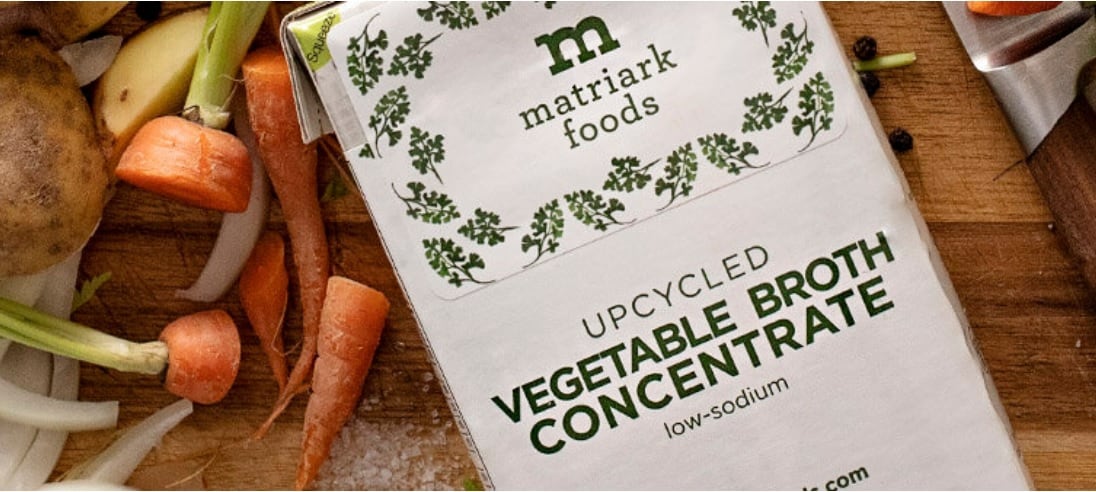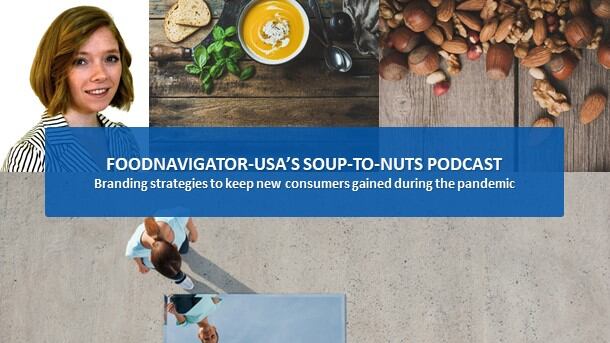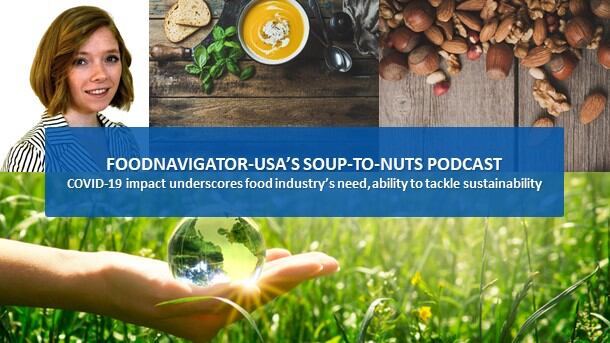According to research from New York University Stern Center for Sustainable Business and the consumer research firm IRI, sustainably marketed products across categories have grown seven times faster than their conventional counter parts in the last five years to capture 16.1% of the market in 2019 compared to 13.7% in 2015. This growth comes despite an average 39% price premium compared to conventional products.
At the same time that consumers are paying more attention to sustainability claims, they also are more skeptical – looking for proof that companies and products are following through on their commitments to reduce exploitation of natural resources, by-products and waste and to use instead more renewable resources that are grown and harvested in a way that leaves the Earth healthier than before.
This is a tall order for companies – and one that a new database from the independent research company HowGood can help them fill by guaranteeing, when possible, products’ quality and integrity, and revealing, when necessary, areas for improvement.
Launched the fall, HowGood’s Latis database can rapidly verify the impact of more than 33,000 ingredients and products against 127 key environmental and social impact metrics, including biodiversity, greenhouse gas emissions, labor risk, animal welfare and more, Alexander Gillett, CEO, told FoodNavigator-USA.
He added the database also can help companies identify ways to overcome weaknesses or upgrade from sustainable to regenerative by drawing on more than 400 different data sources that can reveal potential of unintended consequences of changes.
“Often when we solve one problem, we cause two others that we are not aware of and that is because we set goals or oversimplify a process that is incredibly complex. And so, what we try to do with Latis is make people aware of the tradeoffs as well as the opportunities,” Gillett said.
He added: “The idea is to take the guess work and pain out of making a better product, because not everyone can know everything. Even if you have a degree in biodiversity and you work on procurement or sourcing for a company, you won’t have that same level of understanding of carbon emissions or the types of pesticides or labor issues. So, our goal is to empower anyone who is making ingredient decisions to have all the data they need.”
Hit the ground running
While the evaluation process is complex, it isn’t long, according to Gillett, who said that HowGood has already populated Latis with the “vast majority of food products” through its work with grocers, for which it creates sustainability shelf tags to help consumers find the products that best match their values.
As such, he said, “right off the bat we can give people an incredibly informed understanding of what their likely impact is.”
Brands and manufacturers interested in taking a deeper dive can do so by working with HowGood to layer in even more complex and unique data, Gillett said. For example, if a company has satellite images of its farms, HowGood can use Latis to check those images against deforestation satellite images to certify they are not part of the deforestation process.
Limited free licenses available for small brands
The database also makes the process of proving sustainability more cost effective by pooling resources, standards and information, Gillett said.
“A life-cycle analysis of one ingredient will cost a company the same amount it would cost them to come on board and have a life-cycle analysis done for every ingredient they currently use as well as the other options out there,” Gillette said.
To help smaller brands committed to sustainability, HowGood is donating five licenses of an adapted version of Latis that includes environmental impact, labor risks, supply chain resilience and planetary health. Companies interested in a free license have until Nov. 16 to apply.
In addition to Latis, Gilltte added, HowGood also offers marketing and packaging modules that will help brands best leverage their sustainability messaging to increase the return on investment and raise the bar for sustainability standards overall.




